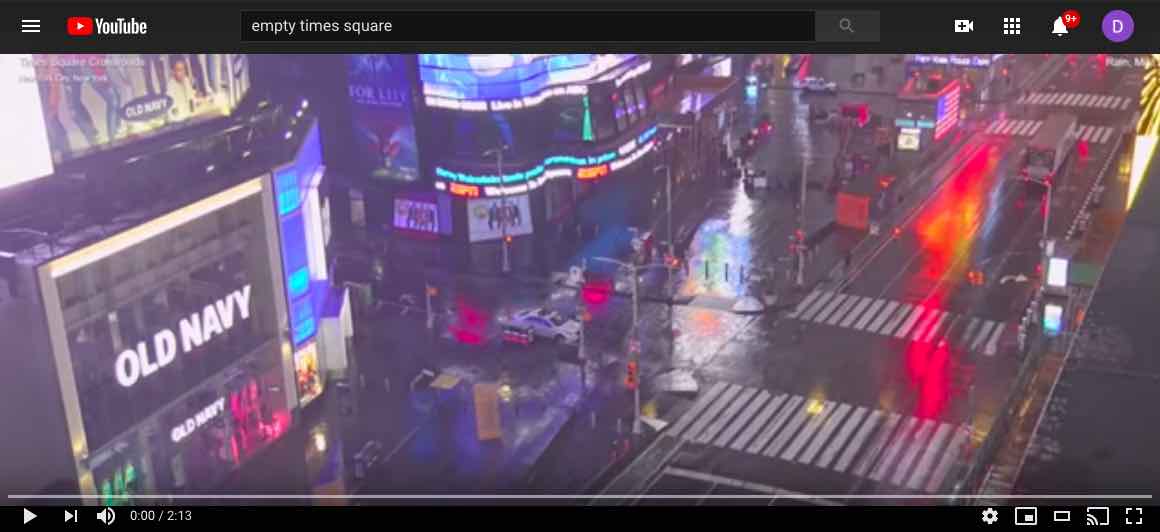
(This article was written for and initially published at RT.com)
The Senate and the White House have finally managed to negotiate a record $2-trillion stimulus aid package to ease the economic impact of the coronavirus outbreak. But the money may well be too little too late.
Once approved, the bill will go to the House of Representatives for likely approval there after which it will go to the president’s desk for signing.
American and global stock market reaction has so far been lackluster.
The problem is that the once virtuous circle of increasing jobs, increasing spending and corporate profits, and more hiring that keeps the economy rolling is breaking due to recession caused by coronavirus. Unless the US can slow the growth of the coronavirus epidemic and deal decisively with soaring unemployment, which threatens to reach levels not seen since the Great Depression of the 1930s by summer, both crises could become a death spiral.
The problems facing the US are long-standing and deep. Alone among most developed nations, the US has what Norway’s University of Science and Technology, in a letter to students studying abroad, delicately termed as “poorly developed health services and infrastructure.” The US also, after decades of harsh cut-backs, at this point has only the last few remaining threads of what was even at best called a ‘social safety net’ to provide for those without jobs, or with jobs that paid too little to meet basic needs like rent and food.
Faced with the coronavirus pandemic, which has now infected over 55,000 people in all 50 states, and with a shocking shortage of Covid-19 test kits because of poor planning by the government, the best that the US can do is lock down the economy. State after state has done this, ordering schools, colleges and all but essential businesses to shut down, with everyone in non-essential jobs ordered to hole up in their homes for the indefinite future. Many major US cities today resemble ghost towns, with patrolling police and ambulances providing the only signs of life.
Joblessness is becoming a kind of second epidemic, growing and spreading even more rapidly than Covid-19. So many people are suddenly being laid off that President Trump even tried to persuade state governments, which are responsible for administering unemployment compensation programs, not to report the actual number of new unemployment comp applications for March. He failed in that endeavor, with Fortune magazine projecting that 5-6 million workers could end up losing their jobs in March alone by the end of this month – a situation the magazine calls “cataclysmic.” According to a new report by the Economic Policy Institute, 3.4 million of these laid off workers reportedly applied for benefits over the past week. That number is 50 percent higher than the total number of new applications for unemployment benefits filed over the prior 12 months, and is the greatest number for a single month filed in the nation’s history. Far more laid off workers are expected to claim benefits in April, and even more in May…
For the rest of this article by DAVE LINDORFF appearing at RT.com, please go to: https://www.rt.com/op-ed/484036-us-epidemic-coronavirus-joblessness/
